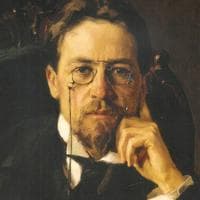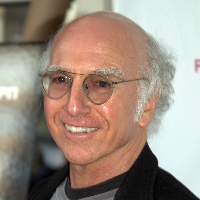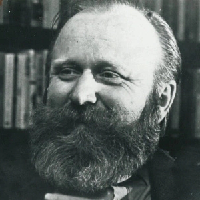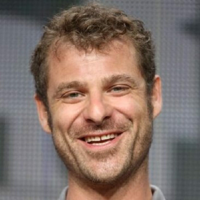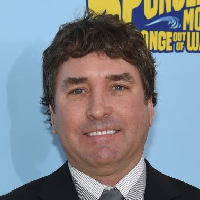Anton Chekhov MBTI Personality Type
Personality
What personality type is Anton Chekhov? Anton Chekhov is an INTP personality type in MBTI, 5w6 - sp/so - 594 in Enneagram, RCOAI in Big 5, EII in Socionics.
It is understandable that Chekhov’s personality generates so many doubts. He probably was one of the healthiest artists to ever live. Nevertheless, if one studies his early life and writings, the truth comes out. First, for those who believe he could be xNFJ, the debate should be between INFP and INTP. On the one hand, although he was a good friend of Tolstoy, he ridiculed his pacifist philosophy in several stories during the Melikhovo period. On the other hand, his writing style was characterized by sobriety and economy of resources. He was clear and to the point. This is a result of tertiary Introverted Sensing. Si is a function preoccupied with stability and energy saving, which “moderates amounts or conditions to prevent excess” and “focuses on the smallest factual details”. INxPs, both in literature and in cinema, are known as the highest aesthetes. Borges asserted that “the baroque is a writer's arrogance;” Orwell recommended never using “a long word where a short one will do” and that “if it is possible to cut a word out, always cut it out,” and Rulfo, when recounting how his boss helped him to improve his style, said: “Efrén was like a little bird, but with some huge pruning shears; he removed all my dead leaves.” Regarding Chekhov, he wrote in a letter to his brother that a good story needed, among other things: an “absence of lengthy verbiage of a political-social-economic nature”, “total objectivity” and “extreme brevity”. Once having clarified that, I will explain why he moved along the Ti-Fe axis. In the first place, the fact that he was a master of irony is a major hint, since subtle irony is the realm of xNTPs, while xNFPs prefer harsher and more direct forms of comedy such as parody, satire or even straight scorn. However, where his inferior Fe shines is in his reaction to two landmarks of his life. ► In 1896, “The Seagull” is performed in St. Petersburg and it is a disaster: “it was almost hissed off the stage. Chekhov was greatly distressed and left the auditorium during the second act, having suffered one of the most traumatic experiences of his life and vowing never to write for the stage again.” ► “In 1887, when Chekhov took the time to visit the Don Steppe, he was established as one of Russia’s premier writers of fiction. With the accolades, there almost inevitably came some negative criticism. A few of his contemporaries argued that Chekhov seemed to lack a social conscience, that he remained too detached and indifferent to humanity in a time of great unrest and need for reform. Chekhov never believed that his art should serve a bald polemical purpose, but he was sensitive to the unjust critical opinion that he lacked strong personal convictions. In much of his mature writing, Chekhov worked to dispel that misguided accusation.” Ti-dominants like to “analyze a whole by dissecting it into its constituent parts” and tend to “adopt the most detached, impersonal perspective”, therefore, they are often accused of being too aloof, cold and disconnected from social conventions. In fact, when using Introverted Thinking, a person can appear as a “contrarian”, as a misanthrope or as “oblivious to emotional impact.” Besides, the repression of their Extraverted Feeling makes them prone to “isolate self to avoid relational complications” and to “adopt a role of observer for fear of social awkwardness”, while at the same time it can lead them to "feel shame for not wanting to be part of the group" or to “provide non-judgmental attention to others”. This is probably why Chekhov also added that a good story should contain: “truthful descriptions of persons and objects”, and “compassion”. To conclude, I would like to recommend you using the database to compare people. Do you think that Chekhov’s body of work resembles the intricate symbolic epics of Dante, Joyce, Conrad, Blake and Tolstoy? Do you believe that it resembles more the nightmarish satires of Kafka, Orwell, Rulfo, Lispector and Melville? Or do you believe it resembles the dispassionate experiments and riddles of Borges, Soseki, Basho, Akutagawa and Beckett? I might write another comment after reading his complete biography, but, for the moment, I hope this is enough to convince anybody that he was an INTP… an INTP that managed to grow as a human being and to become an extraordinary individual.
Biography
Anton Pavlovich Chekhov (Russian: Анто́н Па́влович Че́хов, pronounced [ɐnˈton ˈpavɫəvʲɪtɕ ˈtɕɛxəf]; 29 January 1860 – 15 July 1904) was a Russian playwright and short-story writer, who is considered to be among the greatest writers of short fiction in history. His career as a playwright produced four classics, and his best short stories are held in high esteem by writers and critics. Along with Henrik Ibsen and August Strindberg, Chekhov is often referred to as one of the three seminal figures in the birth of early modernism in the theatre.
Related Personalities
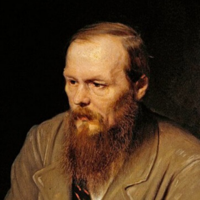
Fyodor Dostoevsky
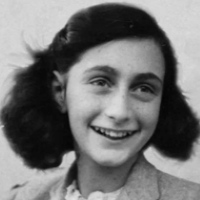
Anne Frank
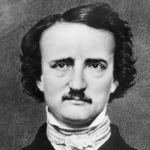
Edgar Allan Poe

William Shakespeare
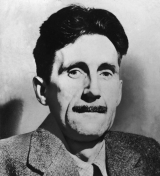
George Orwell
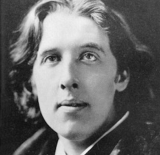
Oscar Wilde
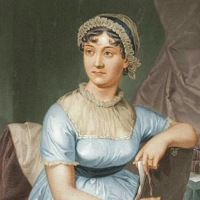
Jane Austen
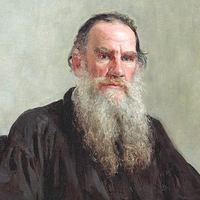
Leo Tolstoy (Лев Толсто́й)
